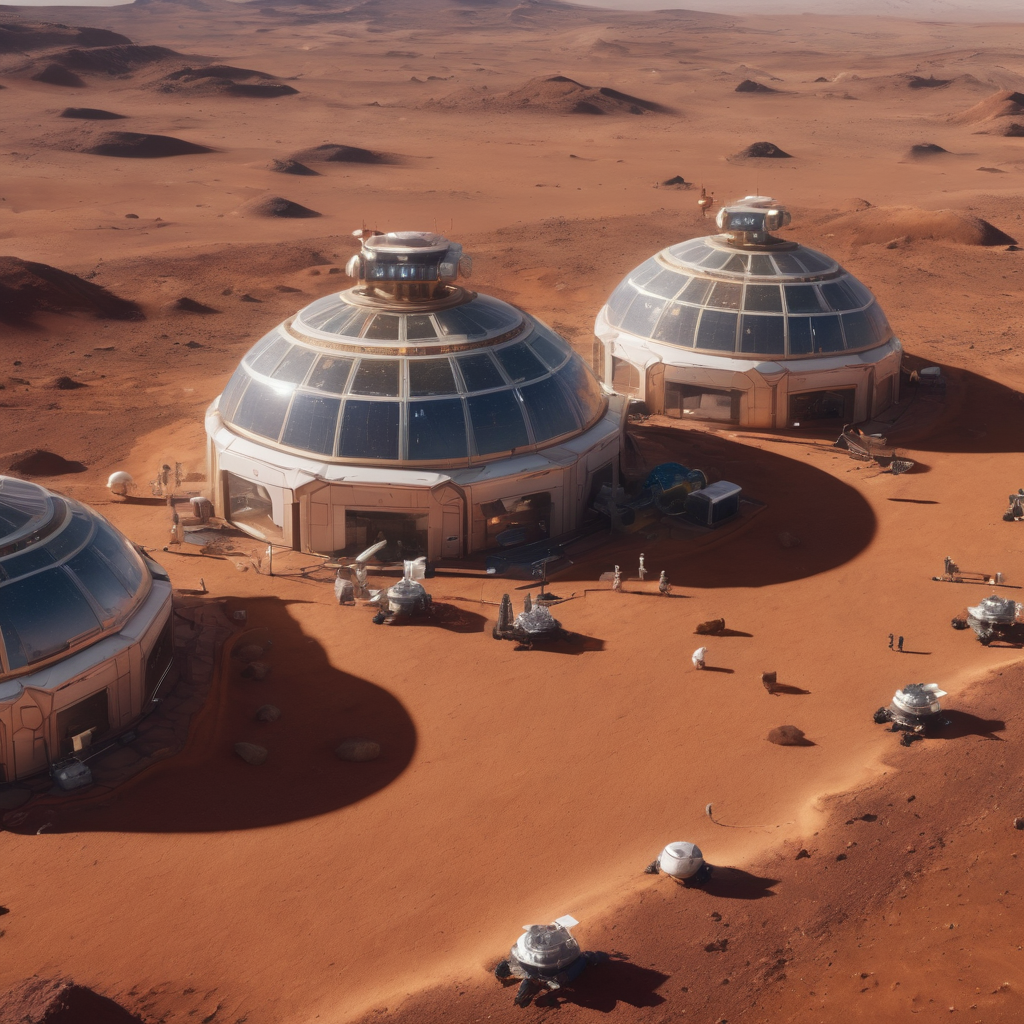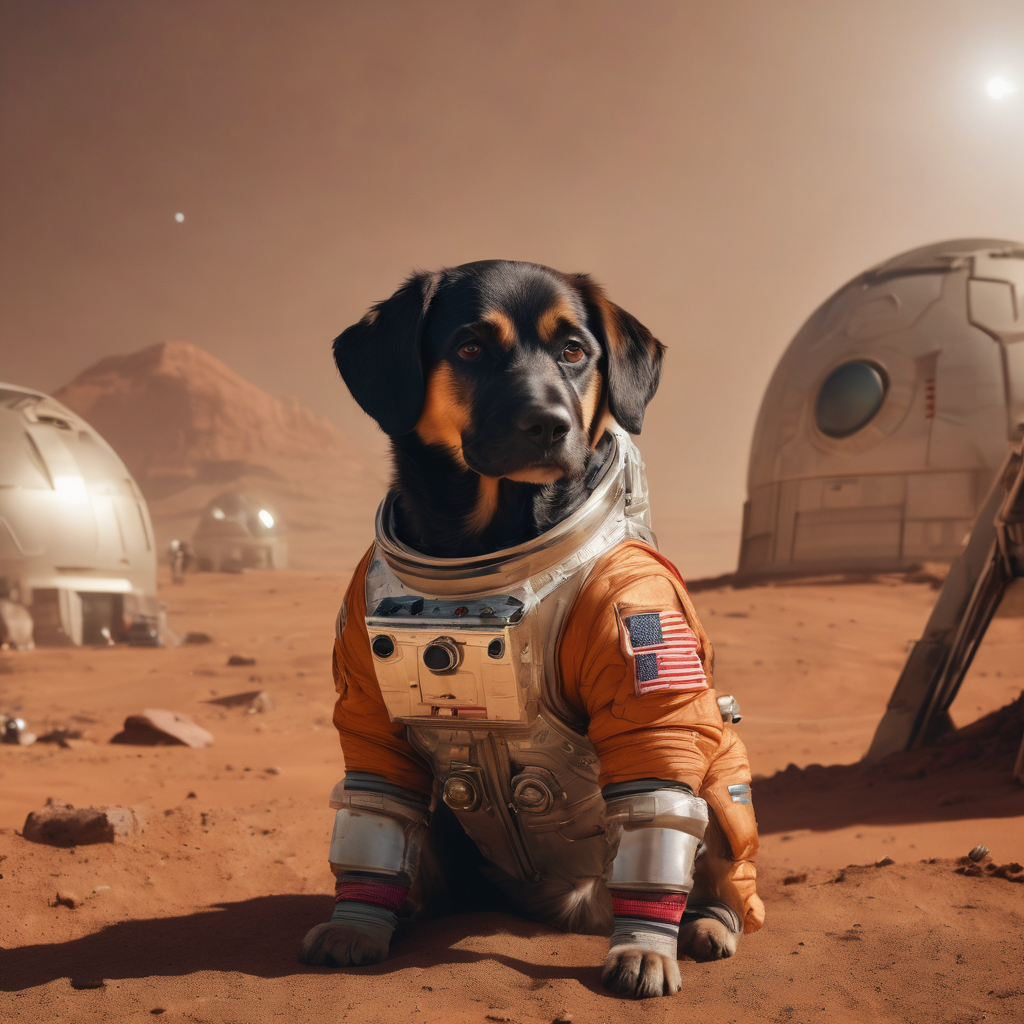By the end of this decade, NASA intends to create a stable lunar base and colonize Mars in the future. However, with the development of base camps outside the Earth, there is an increasing need to study the impact of the space environment on animals and their importance for future colonization projects.

Animals can help perform vital tasks. For example, insects pollinate plants naturally, shrimp and fish can be grown and used as food sources. So, which animals will help astronauts colonize the Moon and Mars?
Experts express different opinions about which animals humanity will take with them on the path of colonization of the Moon and Mars. However, gravity remains a common obstacle. The gravity of Mars and the Moon is 1/3 and 1/6 of the Earth’s gravity, respectively, which can affect the physiology of animals.
Christopher McKay, a planetary scientist at NASA’s Ames Research Center, identifies gravity reduction as a key issue. Insects and some marine animals are likely to be the best choice, as their physiological characteristics allow them to adapt to new conditions.
Fish, due to their buoyancy, can be an excellent choice for space settlements, especially given their efficient consumption and low amount of waste. Shrimp can be grown in small tanks and used as part of an aquaponics system that also grows plants. Insects also look promising, providing protein to humans and performing useful functions such as pollination, as well as performing useful functions in the ecosystem of colonized space, such as cleaning the environment from debris.

To colonize the Moon, researchers are considering tardigrades, which are often called “water bears”. These tiny, hardy creatures have already demonstrated the ability to withstand extreme conditions, including heat, extreme cold, deadly radiation and the vacuum of space. Although they do not serve the human ecosystem directly, studying tardigrades in space can reveal how they withstand extreme conditions, such as radiation, and how we can inherit this feature from other organisms.
By understanding the impact of space conditions on animal development, we can effectively account for their role in creating and maintaining ecosystems for future generations of space settlers.
Earlier, we reported on how the Chinese would breed fish in space before a long trip to Mars.
According to livescience.com
Follow us on Twitter to get the most interesting space news in time
https://twitter.com/ust_magazine


